The views expressed in our content reflect individual perspectives and do not represent the authoritative views of the Baha'i Faith.
What kind of person was Baha’u’llah, the founder of the Baha’i Faith? What was it like to meet him?
The Baha’i teachings use the analogy of the mirror repeatedly—it appears in a number of very prominent passages. One quotation from Baha’u’llah compares the prophets and messengers of God to pure mirrors. Then he has something to say about ordinary people like you and me:
Every one of them is a mirror of God, reflecting naught else but His Self, His Beauty, His Might and Glory, if ye will understand. All else besides them are to be regarded as mirrors capable of reflecting the glory of these Manifestations Who are themselves the Primary Mirrors of the Divine Being, if ye be not devoid of understanding. – Baha’u’llah, Gleanings from the Writings of Baha’u’llah, pp. 73-74.
What does this profound passage say about who we are? What are we, if we’re capable of reflecting these heavenly qualities the prophets of God exemplify?
A mirror is distinguished from almost any other object by the fact that it has no image of its own. It doesn’t look like itself—it looks like the field of objects it faces. A mirror’s non-being is essential to its being. The fact that it’s a mirror connects it to other things, but without a physical attachment. The connection is purely visual. Without touching them, it makes other things perceptible.
To be a mirror of the divine is to make heavenly qualities apparent to those around us.
Now this doesn’t mean that we manifest a shining spirituality no matter what we do. Baha’u’llah also teaches that our hearts can be so covered with worldly desires and thoughts of self that they become incapable of reflecting the love, mercy, wisdom, and other spiritual attributes radiating from the Holy
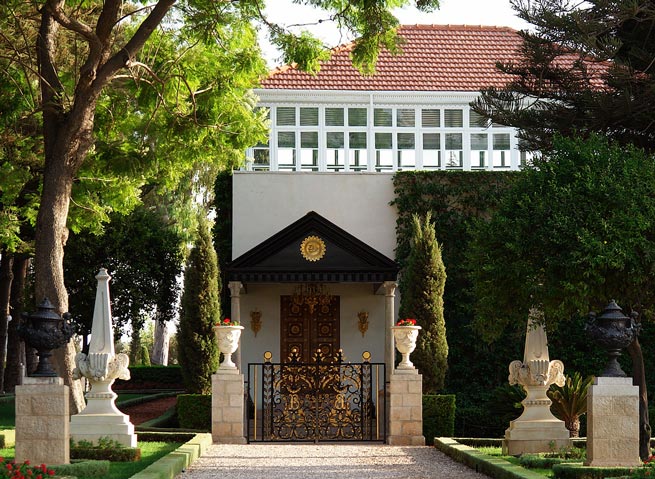
The Shrine of Baha’u’llah (the final resting place of Baha’u’llah)
Spirit. It takes effort for us to purify our souls and become clean mirrors for reflecting that Divine light.
But the founders of the world’s religions are different. Through the power of God, they can mediate between God and humanity. Baha’u’llah refers to them as the manifestations of God, and in the passage quoted above he refers to them as Primary Mirrors of the Divine Being.
So the prophets of God, the primary mirrors of the divine being, reflect the divine attributes to humanity. We can become secondary mirrors, if we perfect and polish our own spiritual qualities:
A pure heart is as a mirror; cleanse it with the burnish of love and severance from all save God, that the true sun may shine within it and the eternal morning dawn. – Baha’u’llah, The Seven Valleys, p. 21.
So what would it be like to actually meet a prophet of God, and look into that bright mirror? Can you imagine meeting Christ, or the Buddha? How would you react to being the presence of such an enlightened and holy soul?
Because Baha’u’llah lived so recently (1817-1892), and because so many of his followers wrote memoirs of their own lives, it’s possible for us to get a glimpse of how radically different it was to meet a Primary Mirror of the Divine Being from meeting someone who was merely famous, charismatic, distinguished etc.
Some of the most detailed accounts come from a man named Mirza Haydar Ali, who had the privilege of meeting with Baha’u’llah numerous times. He wrote:
To describe a spiritual experience is impossible. For example, two or more people may attain the presence of Baha’u’llah together. Each will regard his loving-kindness, compassion, and bounty as directed to himself alone … Although all have attained the presence of the same blessed Person, Whose words are not addressed to one alone, yet His Words penetrate the veins and arteries, the hearts, minds and souls. Each one will be affected in a personal way and will experience inner spiritual feelings which he finds impossible to describe to others. All that can be said is that one may address his friend and say: “I was intoxicated and in a state of ecstasy.” His friend, who may have experienced similar effects at some time, can only appreciate this feeling to the extent of his own susceptibility. – quoted in Adib Taherzadeh’s The Revelation of Baha’u’llah, Volume 2, p. 7.
In another place Mirza Haydar Ali paraphrases some words one of his companions once told some visitors who had never met Baha’u’llah:
Know with absolute certainty that if anyone, whether friend or foe, claims that he was able to look directly into the blessed face of Baha’u’llah he is a liar. I tested this repeatedly and tried time and again to gaze upon His blessed countenance, but was unable to do so. Sometimes when a person attains the presence of Baha’u’llah, he is so enamored and carried away that in fact he becomes dumbfounded, awestruck, oblivious of himself, and forgetful of the world. And whenever he is not carried away, should he try to look into His blessed face with concentration, it would be like looking into the sun. In the same way that the eye is blinded by the effulgent rays of the sun, causing tears to flow, should one persist in gazing upon the countenance of the Blessed Beauty [Baha’u’llah], tears will fill the eyes making it impossible to gain any impression of Him. – Ibid.
This is one of the best first-person descriptions we have of the man Baha’is view as the manifestation of God for our age.


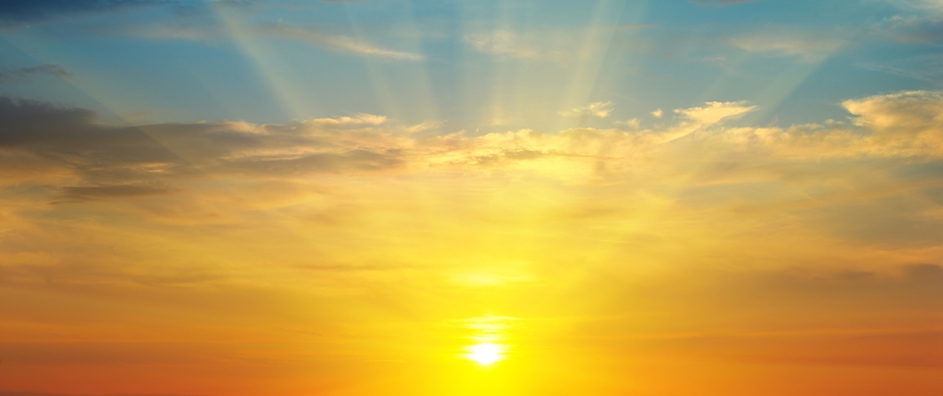

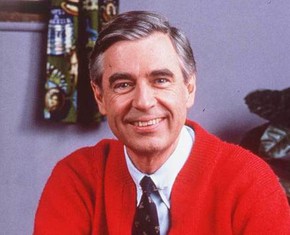
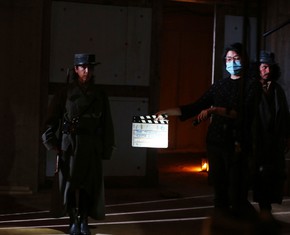
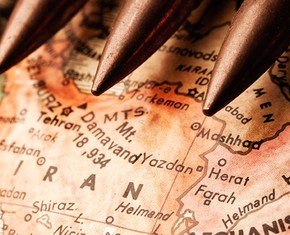









Comments
Sign in or create an account
Continue with Googleor